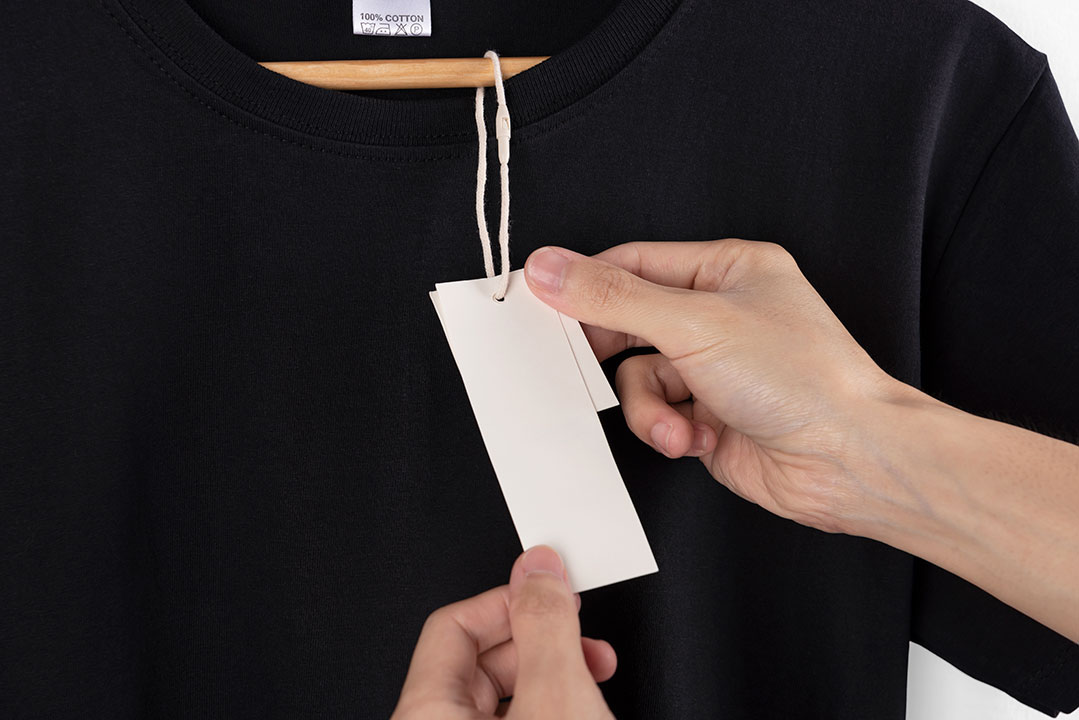
By Tony Samson

IN THE WORLD of medicine, the unbranded cure is referred to by its generic name, like paracetamol. Alternative cures are even less fancy in their nomenclature, like boiled ginger for all sorts of ailment, or malunggay leaves for the lactation of mothers. (Not sure what it does for fathers.) It is the effectiveness of a generic product and not its branding that drives consumption.
Branding started as a process used to record ownership of a herd of cattle. The ranch that owned the herd seared its name via a heated branding iron on the animal’s rump. This ensured the claim of ownership as protection against cattle rustlers trying to sell stolen goods. Thus, branding originally denoted possession.
The term has evolved from ownership to possession of certain attributes. “Branding” as a marketing discipline tries to project a product’s character. Does a branded sneaker really have a unique personality after it has invested in consumer research, target marketing, design, pricing strategy (more expensive) and a full-blown advertising campaign — “Just do it.” And of course, branding allows premium pricing and a sense of belonging.
The brand attribute can only be unique if it doesn’t claim to be the best. Avis, a car rental company in the 1970s used to sport the slogan “We’re Number 2, We try harder.” Without mentioning the Number One, Hertz, the branding of being second in market share but trying harder to please the customer was both humorous and effective.
The generic approach has only one claim to make — that it works. And there is no copyright infringement if another unbranded alternative is offered. So, for breath freshening, simple headaches, and sleep inducements, all sorts of unbranded products are offered. And marketing is solely by word of mouth — this worked for me, try it.
Do services need to be branded? Maybe, certain types need to be “quality-tested” for competence, integrity, and even connections. Thus, law firms with a reputation for political connections and access to the judiciary system can charge higher fees for their brand and track record. Management consultancies too, with their roster of clients and turnaround stories, can join the bidding process to get big corporations to use them to improve profitability or introduce a corporate culture. Usually, cost-cutting is a low-hanging fruit in this business.
As for generic services needed like housekeeping, security, and caregiving, it is referrals from relatives and friends, dependability, and competence rather than any branding that moves the needle. There is no effort to create a brand wagon to push personal services.
Even CEOs want to enhance their reputation by going into a branding exercise with “reputation consultants.” These consultants advise their clients to embrace an advocacy with which to be identified. The restoration of cultural landmarks is still up for grabs.
It no longer seems to satisfy the wealthy individual to be given a generic tags like “mogul,” “billionaire” …and certainly not “Sugar Daddy” — is that term still being used?
Universities too have jumped into the branding process. The rankings of educational institutions using different metrics have become an obsession, at least among the alums of these universities and their boards of trustees. The ranking is projected to denote the quality (and cost) of the education to be had. What about how their alumni fare in the real world of business and politics? This aspect too has adhered to the school brand, taking the place of fraternities with their violent initiation rites.
For countries, it is the mostly negative news about them, like natural catastrophes, political scandals, and, in some cases, an ongoing war, that have defined what countries are about. The branding of countries is in the hands of news and social media. Even an unfortunate tourist experience, sometimes fake news (I lost my organs and woke up in a bathtub), can derail a carefully crafted branding campaign.
The brand is intended to distinguish a particular product and make it stand out among its competitors. Will its acquired personality attract the consumer to make a purchase?
Does guava need to be branded on the fruit shelf? Isn’t it checked just for its ripeness, color, texture, and taste? Unbranded people are like fruit, then. They prefer to be quietly discovered as generic personalities without any promised brand attributes… and maybe offering some surprises.
Tony Samson is chairman and CEO of TOUCH xda